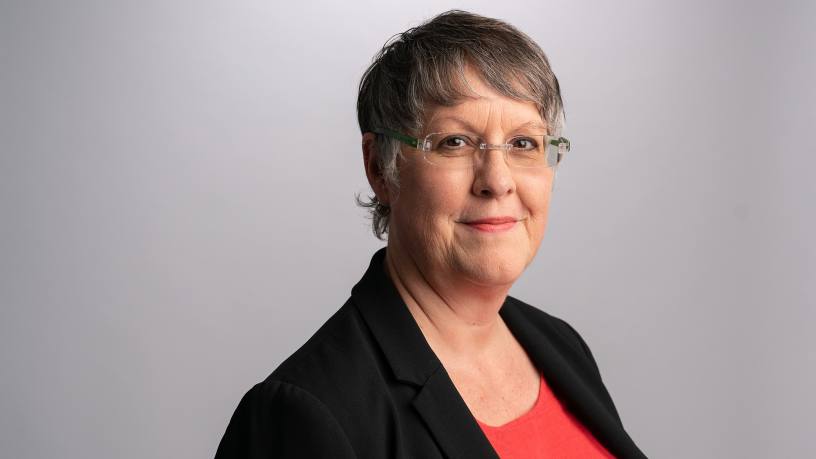Food insecurity levels have risen sharply around the world, fuelled by inflation, extreme weather events, geopolitical conflict, and economic shocks following the Covid-19 pandemic.
The World Bank’s most recent Food Security Update, published on July 5, estimates that the number of severely food-insecure individuals will have increased by more than 220 million between 2019 and the end of 2023. It has called for urgent action to combat all forms of malnutrition, especially climate-smart action.
The current global agriculture and food (agrifood) system continues to drive a rapidly increasing “double burden” of malnutrition, according to Astanor Ventures, a venture capital firm focusing on entrepreneurs regenerating the agrifood sector.
As of 2019, 26% of the world’s population experienced hunger or did not have access to sufficient and nutritious food, while 39% was overweight or obese, which leads to related healthcare issues, such as Type 2 diabetes.
But the agrifood sector is also a main contributor to the climate crisis. According to research cited in its 2022 Impact Creation Report, the sector is responsible for “34% of global anthropogenic greenhouse gas emissions, uses half of the globe’s habitable land surface and accounts for 70% of freshwater use”, as well as contributing to biodiversity loss.
Yet, farmers, whose livelihoods are increasingly vulnerable to climate change, are continually hard-pressed to produce more food at lower costs. This has pushed them to take shortcuts and go for short-term extraction methods, progressively killing the undersoil microbes.
“The symbiotic relationship between people and food has been disconnected by what was considered to be a great step forward – an ultra-processed food delivery system. While it allowed the generation before us to get by after the second world war, now it’s time to change because we have reached the planetary boundaries – we cannot continue to eat the way we eat today,” says Eric Archambeau, co-founder and partner at Astanor.
we cannot continue to eat the way we eat today
He believes that to go through such a big disruption and change, the agrifood system needs to adopt new technology. “We cannot do disruption without technology,” he says. “We need a disruptive set of farming and food processing technologies to be able to deeply change the way we are working.”
As such, Astanor looks at the entire spectrum of technologies, including artificial intelligence, to help farmers transition away from an extractive farming practice, which requires a lot of petroleum-based fertilisers, to a regenerative practice. Industrialised farming, which many believe is the only way to get cheap food, is extremely fragile because climate change or geopolitical conflict could bring about a collapse in the supply chain, he explains.
Astanor has invested in firms developing biological replacements for chemical fertilisers and pesticides, such as Belgium-based Aphea.Bio, which is working on changing the plant’s microbiome to absorb nitrogen more efficiently, limiting the need for fertiliser.
The venture capital firm is also interested in new types of harvesting and tilling tools, such as shallow mechanical apparatus that does not kill soil microbes. This requires more precise equipment and more automation than before.
Astanor has invested in a US company called Monarch Tractor, which has developed a robot tractor. It is autonomous by definition, electrical and can operate 24 hours a day, seven days a week in harvest time. In addition, the tractor has sensors to continuously monitor the soil, water and temperature to inform the farmer’s activities.
“Precision farming, which has been enabled by technology that did not exist five years ago, means being able to optimise operations based on the weather forecast, water quality, energy costs, and other criteria,” says Mr Archambeau.
Astanor also make investments in food-related projects, such as The Gut Stuff, to help consumers have a better relationship between the microbiome and their diet. Mr Archambeau reports that insurance companies are interested in such developments, which are seen as possible solutions to the exploding cost of healthcare.
While venture capitalist firms like Astanor are at the forefront of investing in companies looking to disrupt the agrifood system, some banks are stepping up their efforts to support the sector’s transition to a more sustainable future.
For example, last month NatWest announced it has partnered with independent conservation organisation, WWF, to channel and scale private and public finance to support UK farmers to achieve climate and nature goals, as well as provide guidance advice and tools to help deliver transition plans. The bank has also committed to lending almost £7bn to UK agriculture.
Joy Macknight is editor of The Banker. Follow her on Twitter @joymacknight
Register to receive the Editor’s blog and in-depth coverage from the banking industry through the weekly e-newsletter.






